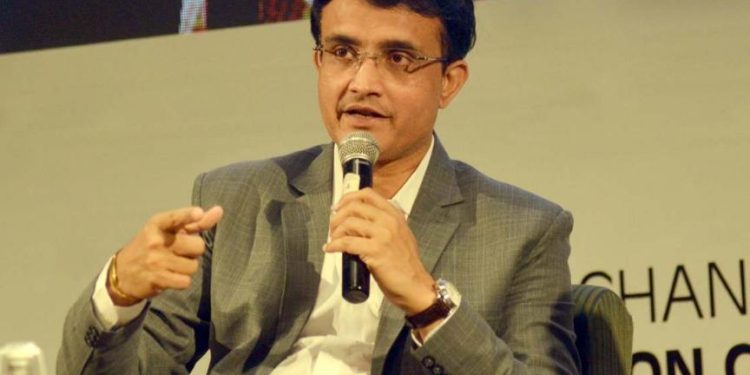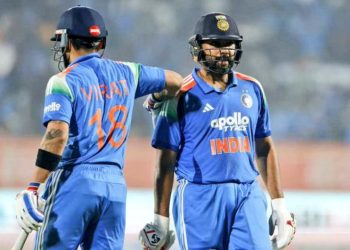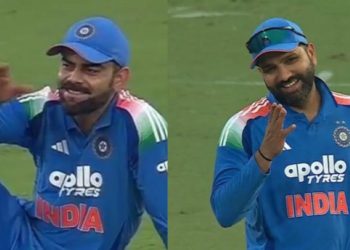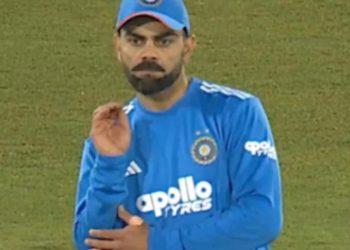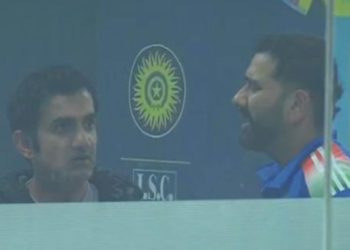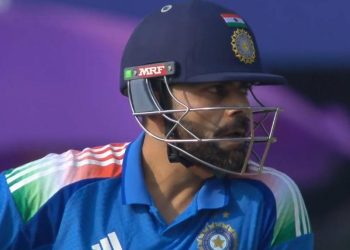Shubman Gill has officially taken over as India’s ODI captain, replacing Rohit Sharma, marking a significant moment in Indian cricket. The decision has sparked a lot of debate among fans, former players, and cricket experts. Many are wondering why Rohit, who recently guided India to two major ICC trophies, namely the T20 World Cup 2024 and the Champions Trophy 2025, was replaced in the first place.
But former India captain Sourav Ganguly has stepped in to ease the tension, calling the change a natural and important step for the future of Indian cricket.
Sourav Ganguly breaks silence
Sourav Ganguly, never one to shy away from strong opinions, defended both Rohit Sharma and the BCCI’s decision. Speaking to India Today, Ganguly said the change should not be seen as a dismissal or controversy. Instead, he described it as a “natural progression” in a cricketer’s journey.
“I’m sure Rohit must have been spoken to. I don’t think it’s a sacking; it must have been a mutual discussion. Rohit has been an outstanding leader; he has won the T20 World Cup and the Champions Trophy. His performance isn’t the issue at all,” Ganguly said.
Those words carry extra meaning coming from Ganguly, who himself experienced the pain of being replaced as captain years ago. He understands how emotional leadership transitions can be, especially when a player is still performing well. But he reminded everyone that such changes are inevitable.
ALSO READ: IPL 2026 likely auction date and retention deadline, all you need to know
“In 2027, Rohit will be 40. That’s a big number in sport. It happened to me, it happened to Dravid… it happens to everyone. Even Shubman Gill will face the same one day when he reaches that age,” he added.
Ganguly’s comments point to a simple truth, time catches up with everyone. Leadership changes are rarely about performance alone; they are about planning for the future. The BCCI’s move seems to be more about preparing the next generation rather than judging Rohit’s form or fitness.
Why Shubman Gill?
From a cricketing standpoint, the decision makes sense. Shubman Gill has been India’s most consistent young batter across formats, and more importantly, he symbolizes the future of Indian cricket. Handing him the ODI captaincy is a way of grooming him early for bigger responsibilities.
Ganguly backed this approach, calling it a “fair call.”
“Not a bad decision to promote Gill. He’s shown a lot of talent in England. I think it’s a fair call. Rohit can continue playing while you groom a young captain. It’s too early, but the way Gill has performed and led the side has been extraordinary. There’s a lot of potential in him — both as a batsman and as a captain,” Ganguly said.
Gill’s recent form supports this confidence. During the five-Test series in England earlier this year, he scored a staggering 754 runs with four centuries. Those numbers broke records once held by greats like Graham Gooch and Sunil Gavaskar. At just 26, he already looks ready to handle both runs and responsibility.
This change does not mean Rohit Sharma is finished. Ganguly made it clear that Rohit remains crucial to India’s setup. The decision, he said, is part of a long-term plan.
It’s likely that Rohit will still play as a senior figure and mentor for Gill, guiding him through the early stages of captaincy. That combination, the experience of Rohit and the freshness of Gill, could be perfect for a smooth transition. The baton has officially passed, and Indian cricket must keep moving forward. This transition could mark the beginning of another golden chapter for Team India.
